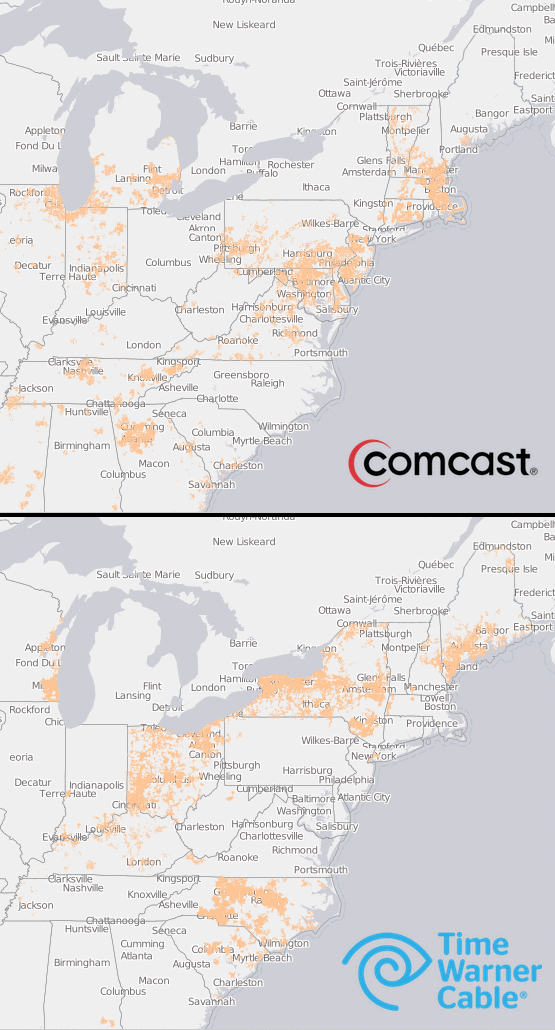Productivity: It’s the difference between wealth and survival.
The problem is, productivity growth is slowing. … A new report by the Organization for Economic Co-operation and Development, however, paints a more nuanced picture. … looked at productivity not at the global or national level, but at the corporate level. Different companies have different technologies, different management systems and different levels of talent. … At a small number of companies, productivity growth hasn’t slowed at all.
Much of Romer’s research is about “excludability,” or the degree to which companies can stop other companies from learning their secrets. Excludability means that new technologies don’t necessarily flow from one company to another. Romer has shown that excludability is, at least in theory, very important to economic growth.
…
[a] possibility — one not suggested by the OECD report — is that intellectual property law is making it harder for companies to use ideas developed at other companies.
Source: The Secret to a Great Economy – Bloomberg View
Are bad patent and copyright laws harming productivity and economic growth?
I am not sure what data I would use to support my position, but I think the logic is fairly sound: Yes. Bad patent and copyright laws, written for different mediums and a different time, are harming modern productivity growth.
More and more of the world runs on computer code and algorithms. This is born out in “Programmer” job figures, tech company valuation/market capitalizations, and our daily lives (How many things did you touch today that have code inside them as compared to 10 years ago?). Unlike novels, there *is* a single best way to write a lot of code. Prohibiting people from reusing the best code, and protecting/hoarding the best algorithms with patents or as trade secrets, prevents everyone else from benefiting from that code. That is exactly what patent and copyright systems are set up to do in order to encourage investment in creating these things, but I think it is more than fair to demand an accounting of what investment would not have occurred without patent and copyright protections.
- If some code was going to be written a month later by someone else, should the first party to file claim really get a 20-year patent and 70-year copyright on it?
- If any expert could have written a particular code solution within a year, had they been presented the problem, then do they deserve such long-lived special legal monopoly (consider that code is obsolete and replaced on average within 18 months)?
I don’t think we aren’t protecting anything new and original which wouldn’t have been created by someone else (and gets created by someone else anyway!) within a few months. We’re instead letting people patent “Doing X *on a computer*!” and letting people claim math a trade secret.
Perhaps one way to get some data would be to examine what kind of companies are in the article’s “Frontier Firms” category, and investigating the source(s) of their income as compared to industry competitors.
- How many patents do they have and how many bring in licensing revenue?
- What is the education breakdown of their employees? (not everyone can hire exclusively ivy league post-doc programmers)
- How much do their intangibles (e.g. trade secrets, brand, network effects) affect revenue?
- How do their costs, revenue, and profit margins compare to those of other companies? What about at the product level instead of the corporate level (i.e. are certain products or services performing uncharacteristically, possibly indicating the earning of economic rents)?
- How many competitors, and how close, do they have? (possibly indicating that having no competitors is what makes them more productive)

